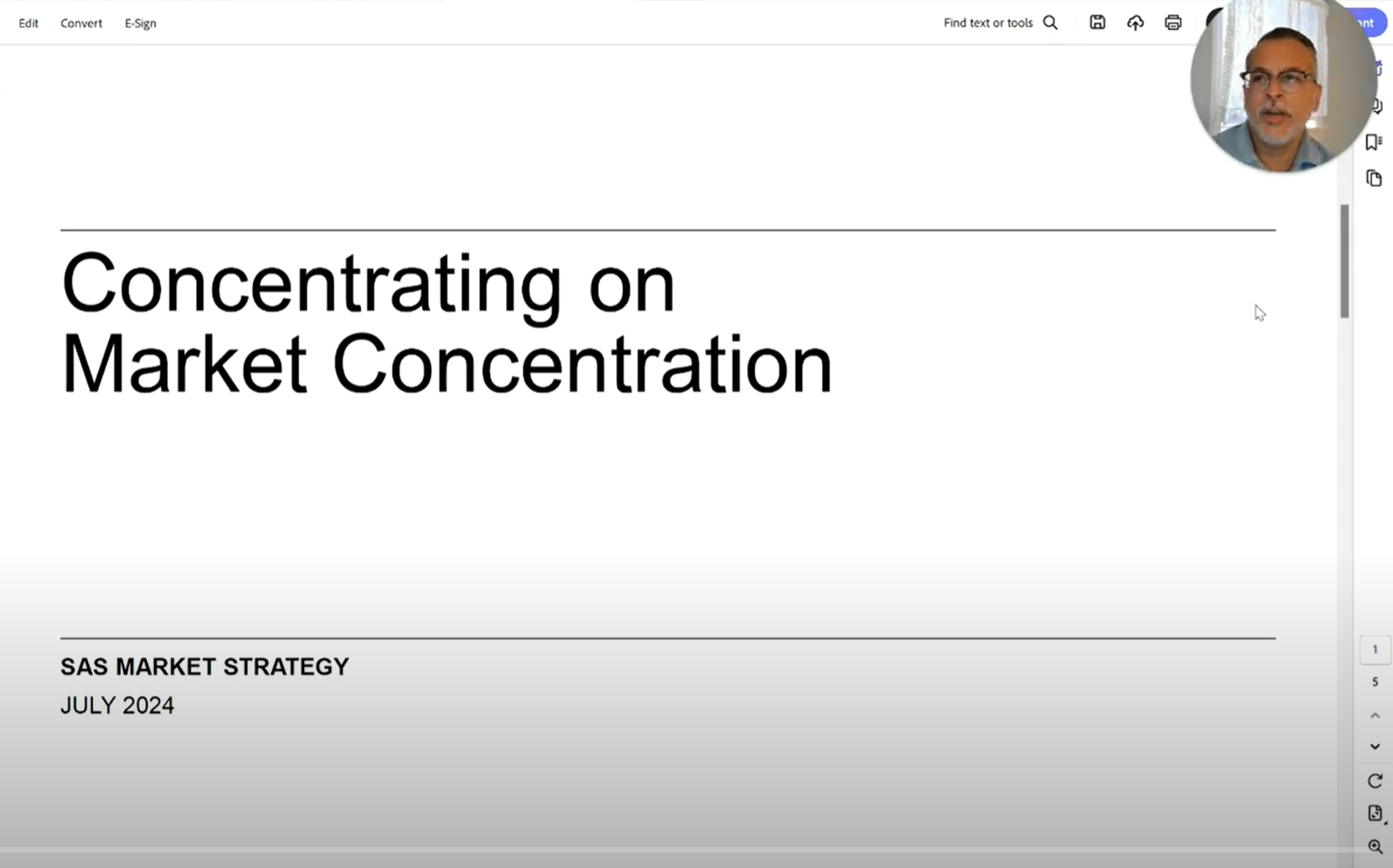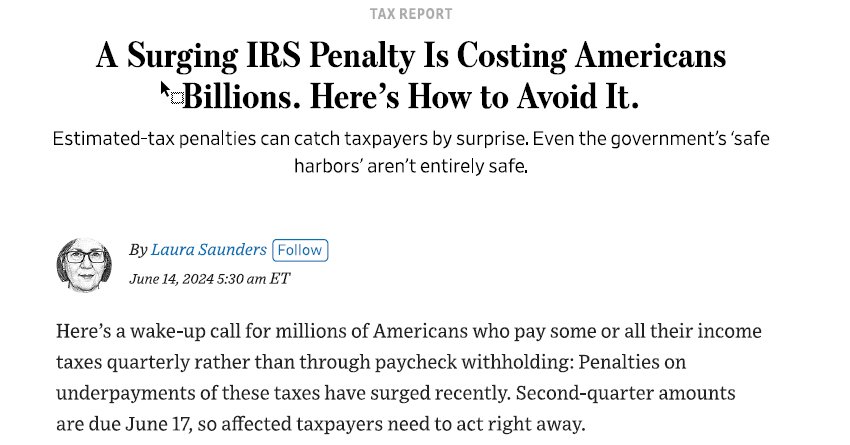How much liability insurance do I need? Should it be enough to cover a large settlement if I make a mistake? Should it cover my net worth?
These are the questions we hear from clients when we are looking at premium quotes for $1m, $3m, $5m and $10m+ of excess liability insurance. I don’t like using rules of thumb to these complicated questions that vary based on a number of factors, but as a default you might use the assets in your name as a starting point for determining the amount of coverage you should have.
But just as a starting point…
I wanted to know what are those factors that contribute to needing more or less than what I have to lose in a major settlement.
So, I went to an expert! I reached out to Robin Griffin (a Private Client Manager at Gallagher) to ask two foundational questions to help determine what the right amount of liability insurance is for my clients (and myself!): what the factors in a person’s life are that puts them at greater risk of a substantial lawsuit and for how much.
Robin shared the following data on what the insurance companies are seeing:
- Nuclear verdicts of $10m or more have increased 30% in the last ten years and the top five states are NY, FL, CA, TX, and PA.
- 101 Nuclear verdicts resulted in awards exceeding $100m from 2010-2019 or eleven per year
- Auto liability was the largest driver of severity in 2022
Socio-economic causes of nuclear verdicts:
- Emotional distress and PTSD damages
- High powered luxury vehicles
- Social-economic divide widens further
- Litigation funding companies and plaintiff advertising
Wealthy lifestyle also contributes to risk:
- Pet ownership
- Holding charity event at homes
- Renting out secondary homes
- Employing household staff
- Teens with high-tech toys, risky online behavior, their own cars
- Watercraft ownership’
- Swimming pools, trampolines, recreational vehicles
- Serving on charitable board
I found the risk of serving on a charitable board interesting so dug a little deeper with Robin on why this might be:
Board participation, brings with it an expectation of ethical and legal responsibility of the individual to the organization. These responsibilities can be broken down to the duty of care, the duty of loyalty and the duty of obedience (see below for definitions of these). In a court of law, a member can be held personally liable if they fail in these duties. Failure in these duties does not have to be intentional and often times isn’t, so we look to give our clients an awareness of these duties and provide them with advice on how best to mitigate risk as well as discuss insurance solutions for the unforeseen circumstance. Aside from the outlined duties, a prospective member should also do their due diligence as to the following of any potential board relationship:
- Review the by-laws with an attorney, including:
- What is your role
- The rules of the organization
- Regulatory requirements
- Indemnification agreements
- Is there a high rate of turnover on the board
- Or one person who stays on the board but the other members turn over every year
- Understand the background and expertise of the other members related to their role
- Does the organization have a D&O or other malfeasance claims history
- Does the organization have a negative employment history
- Review the board’s insurance coverage
- Are the limits shared
- Are defense cost inside or outside the limits
- Review the board’s risk management strategy
- What are the assets under management
- Is insurance limited due to limited assets or resources to pay premiums
Personal liability on a standard homeowner’s policy does not include coverage for fiduciary activities or employment related activities, so an endorsement is highly recommended to pick up this exposure, which is where most of the litigation stems from in board activity.
Some industries to look at when discussing board participation legal liability with your clients:
- Healthcare
- Secondary education
- Homeowner/Condo owner associations
- Entities that haven’t received 501(c)3 status
The duty of care refers to the legal obligation that directors and officers owe to the organization and its stakeholders. It requires them to act in good faith and with the level of care that an ordinary person in a similar position would exercise under similar circumstances.
Under the duty of care, directors and officers of not-for-profit organizations are expected to make informed and reasonable decisions in the best interests of the organization. They should exercise their judgment and skills to the best of their abilities, taking into account the organization’s mission, goals, and the potential impact of their decisions.
Directors and officers must also ensure that they are adequately informed about the organization’s affairs, including its financial position, operations, and any potential risks. This may involve attending board meetings, reviewing financial statements, seeking expert advice when necessary, and staying updated on industry trends and regulatory requirements.
The duty of care also requires directors and officers to act prudently in managing the organization’s resources. They should exercise reasonable oversight and ensure that the organization’s funds and assets are used responsibly and in accordance with its mission.
If directors and officers fail to meet the duty of care, they may be held personally liable for any resulting harm or losses suffered by the organization or its stakeholders. This can include financial damages, legal penalties, and potential removal from their positions.
It is important for not-for-profit directors and officers to take their duty of care seriously and act diligently in fulfilling their responsibilities. By doing so, they can help ensure the organization’s success and maintain the trust of its stakeholders.
The duty of loyalty refers to the legal obligation that directors and officers owe to the organization and its stakeholders to act in its best interests and avoid conflicts of interest.
Under the duty of loyalty, directors and officers of not-for-profit organizations must prioritize the interests of the organization over their own personal interests or the interests of any other party. They should act in a manner that is transparent, fair, and in line with the organization’s mission and goals.
Directors and officers must avoid conflicts of interest, which arise when their personal or financial interests could potentially influence their decision-making or compromise their ability to act in the best interests of the organization. If a conflict of interest arises, directors and officers should disclose it to the board of directors and, in some cases, to the organization’s stakeholders. They should recuse themselves from any decision-making process where a conflict exists and should not use their position to benefit themselves or any related parties at the expense of the organization.
The duty of loyalty also requires directors and officers to maintain confidentiality regarding the organization’s sensitive information. They should not disclose or misuse any confidential or proprietary information for personal gain or to the detriment of the organization.
If directors and officers breach their duty of loyalty, they may be held personally liable for any resulting harm or losses suffered by the organization or its stakeholders. This can include legal penalties, financial damages, and potential removal from their positions.
It is crucial for not-for-profit directors and officers to act with integrity, transparency, and in the best interests of the organization to fulfill their duty of loyalty and maintain the trust of stakeholders.
It is important for directors and officers to act with integrity, transparency, and in the best interests of the company to fulfill their duty of loyalty and maintain the trust of shareholders and stakeholders.
When discussing not-for-profit directors and officers liability, the duty of obedience refers to the legal obligation that directors and officers owe to the organization to comply with applicable laws, regulations, and the organization’s governing documents.
Under the duty of obedience, directors and officers of not-for-profit organizations must act within the scope of their authority and in accordance with the organization’s established policies and procedures. They should ensure that the organization’s activities and operations are conducted in compliance with all applicable laws and regulations.
Directors and officers have a responsibility to understand and adhere to the organization’s governing documents, such as its articles of incorporation, bylaws, and any other internal policies or guidelines. They should ensure that their actions and decisions align with the organization’s mission, goals, and values as outlined in these documents.
The duty of obedience also requires directors and officers to fulfill any legal obligations that may apply to the organization, such as filing required reports with government agencies, maintaining appropriate financial records, and adhering to any specific regulations or requirements that pertain to the organization’s activities or industry.
If directors and officers fail to fulfill their duty of obedience, they may be held personally liable for any resulting harm or losses suffered by the organization or its stakeholders. This can include legal penalties, financial damages, and potential removal from their positions.
It is important for not-for-profit directors and officers to understand and comply with their duty of obedience to ensure the organization’s compliance with the law, maintain its reputation, and uphold its mission and values.













